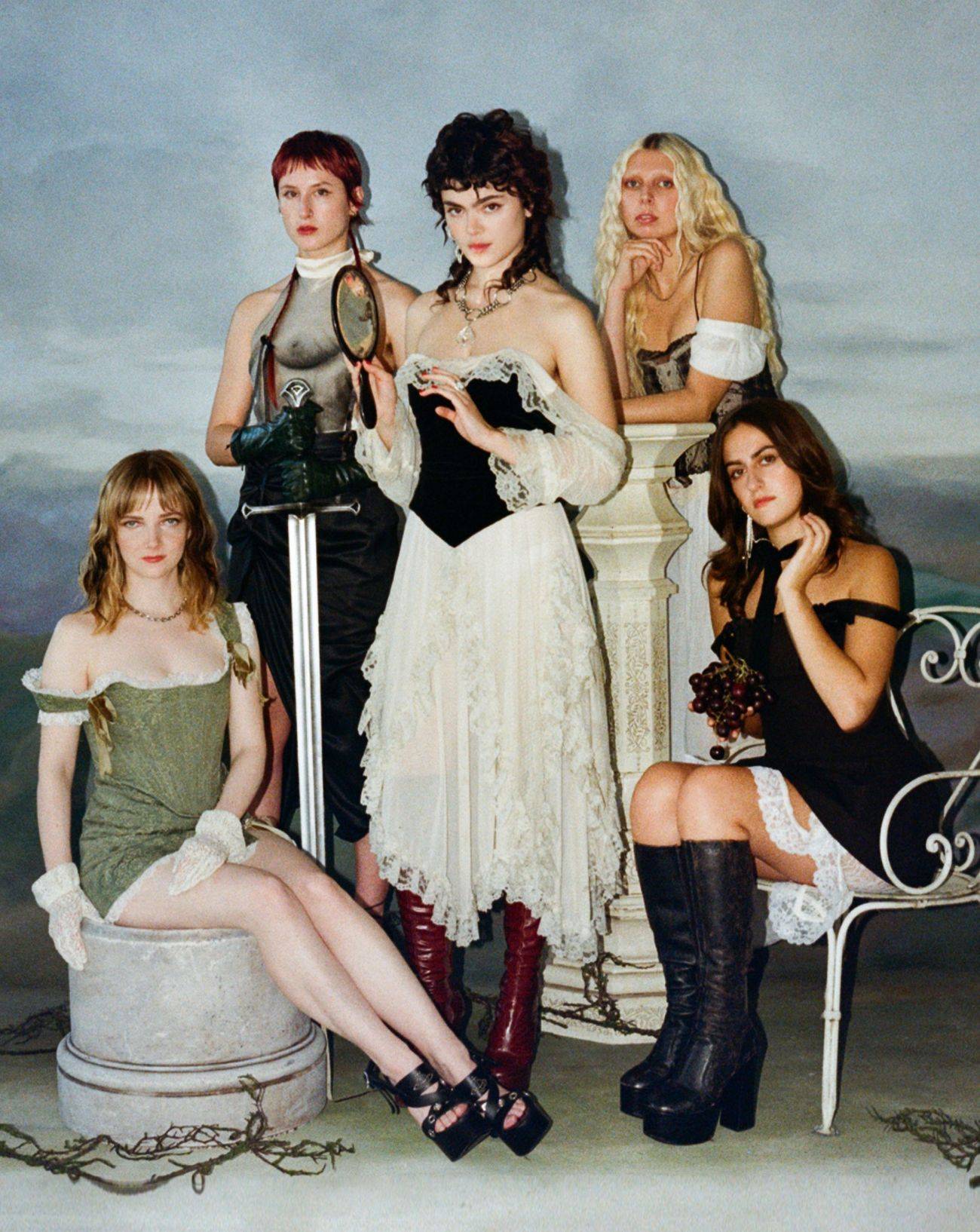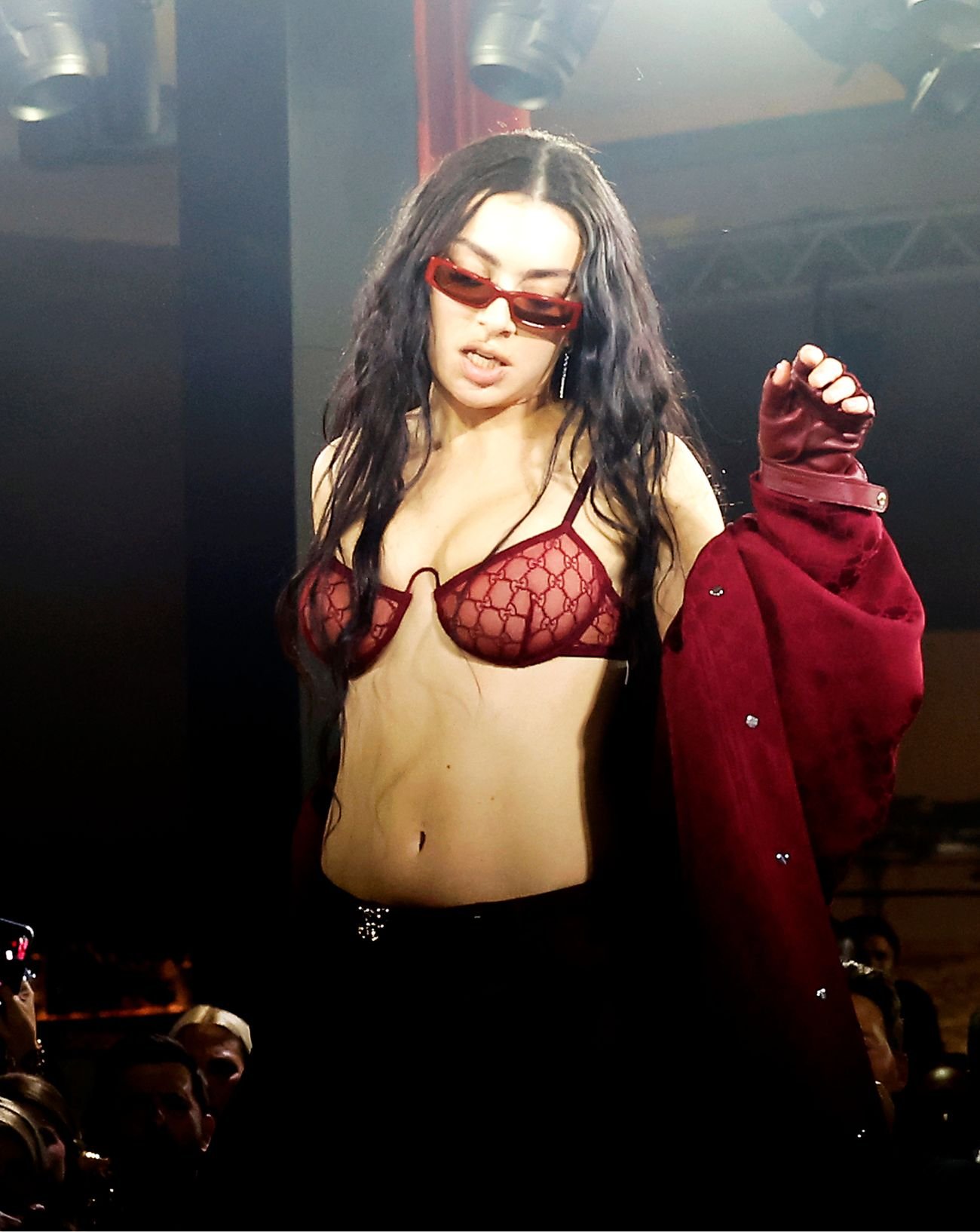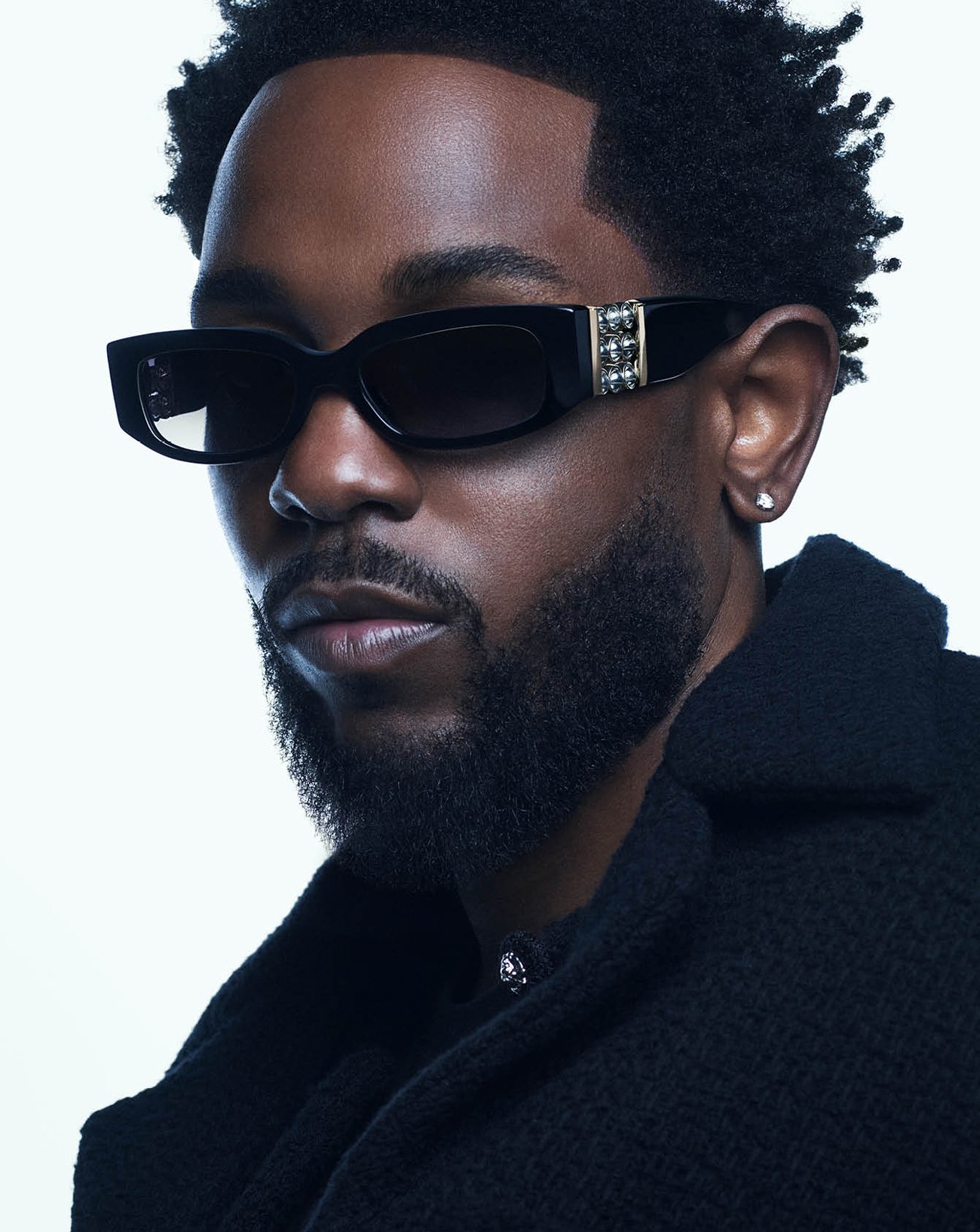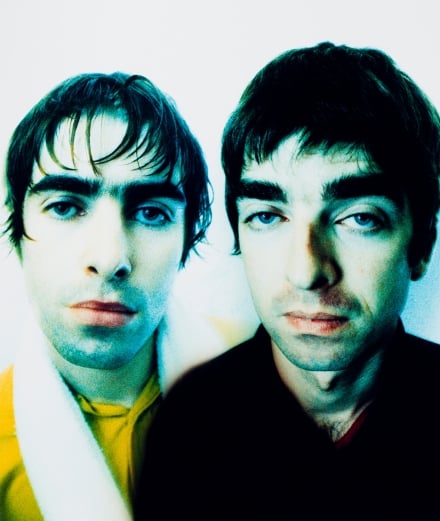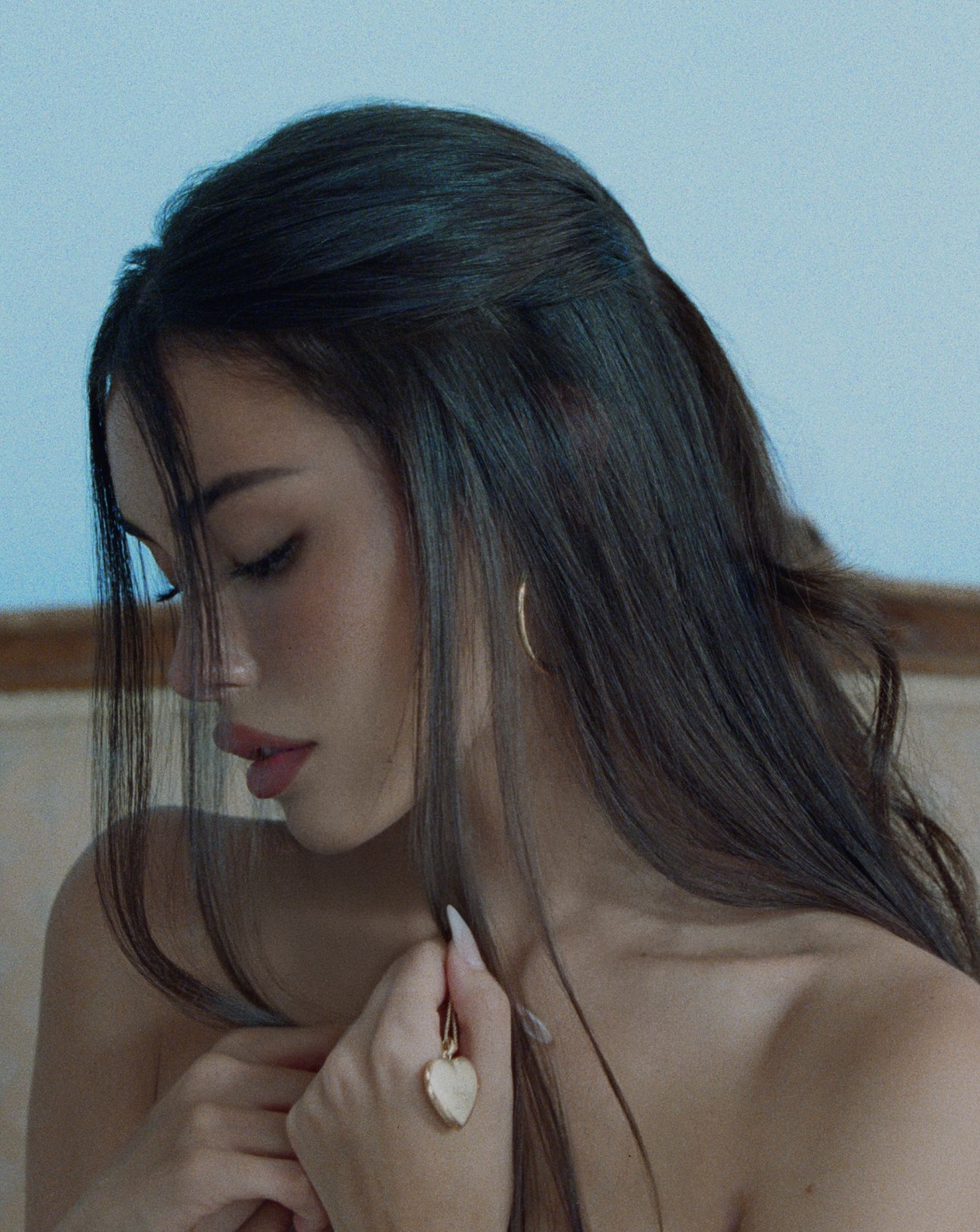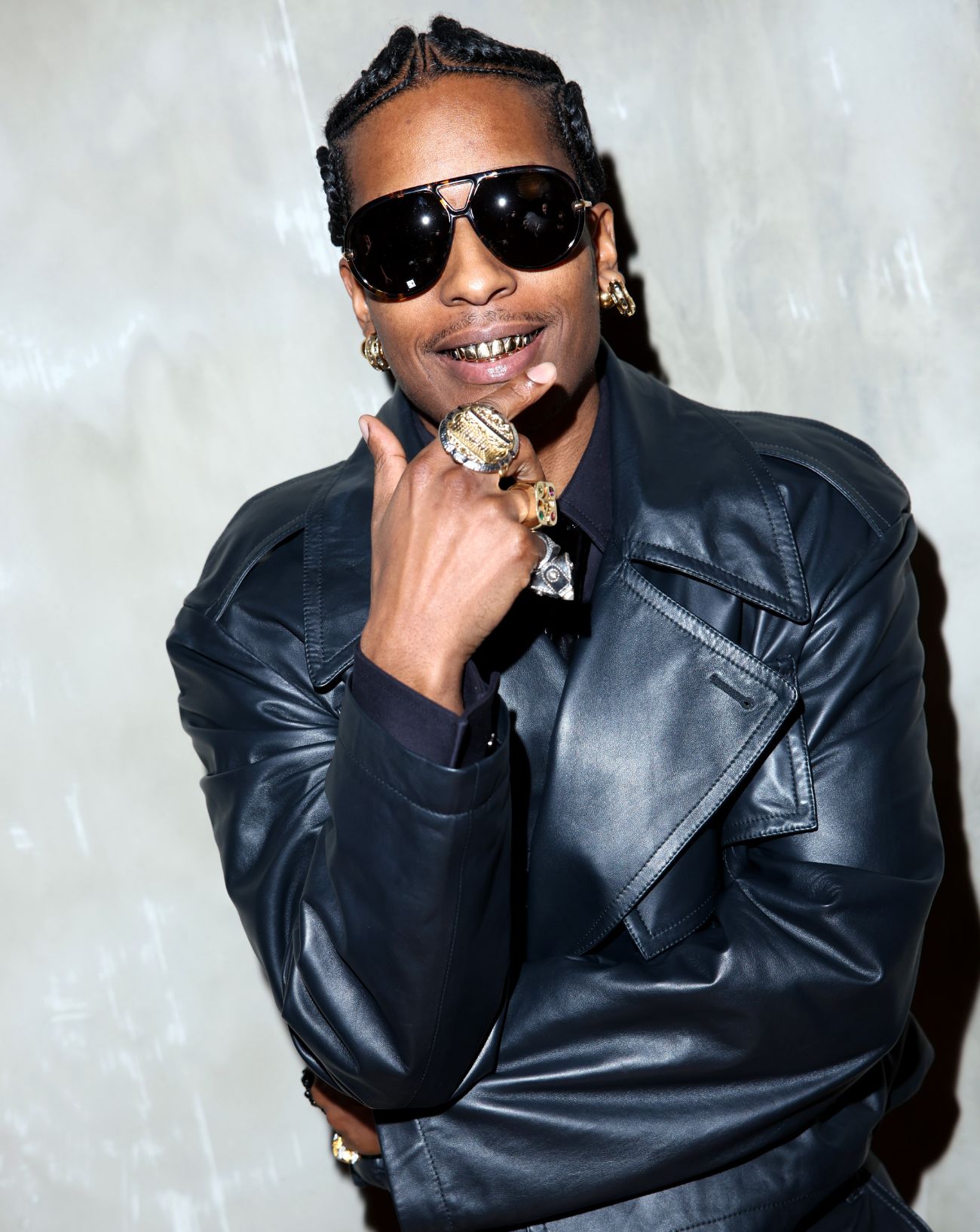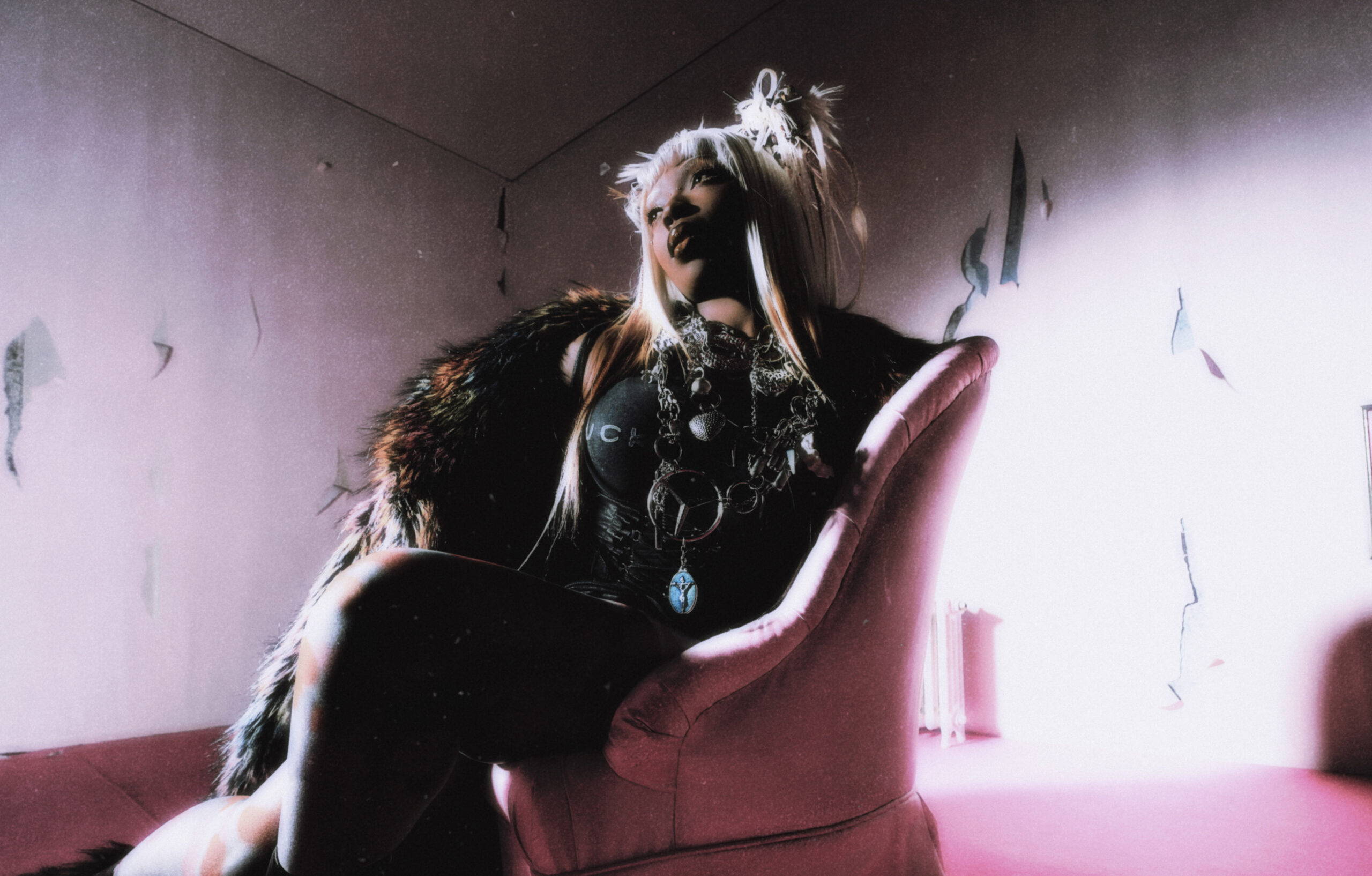
29
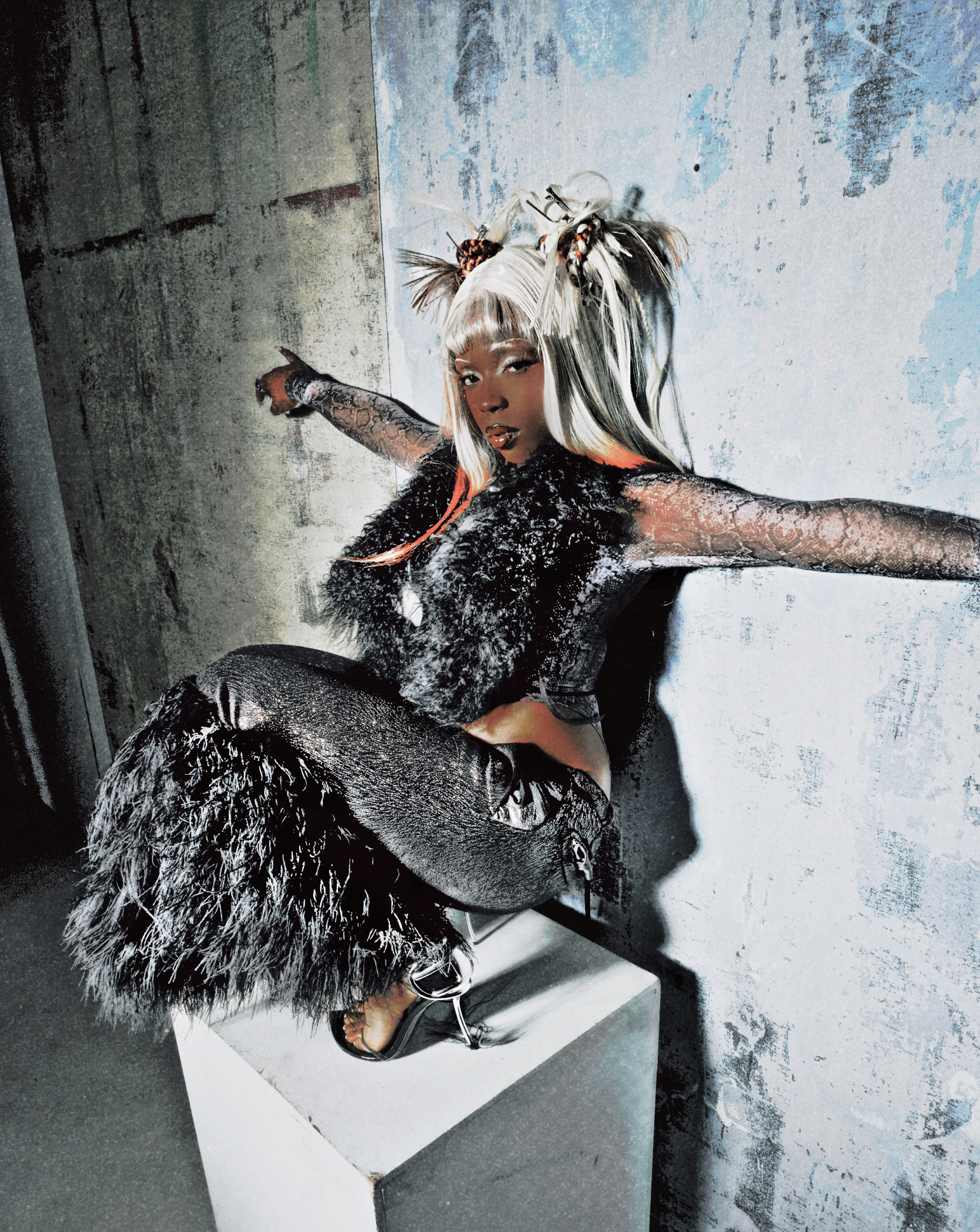
29
Interview with Theodora, the hitmaker who once dreamt of being a politician
Theodora, 22, has already been racking up the streams with her Caribbean-inspired track Kongolese Sous BBL. In just a few months, she has established herself as one of the most striking voices on the French scene. Blending pop, bouyon, and unapologetic ego-trips, her reissue MÉGA BBL, released on May 30th, builds on the momentum of her mixtape Bad Boy Lovestory. As for her three concerts at the Zénith in Paris – from March 30th to April 1st, 2026 – they are nearly sold out. Numéro has met with Theodora, the future hitmaker, who once dreamt of a career in politics.
By Alexis Thibault.
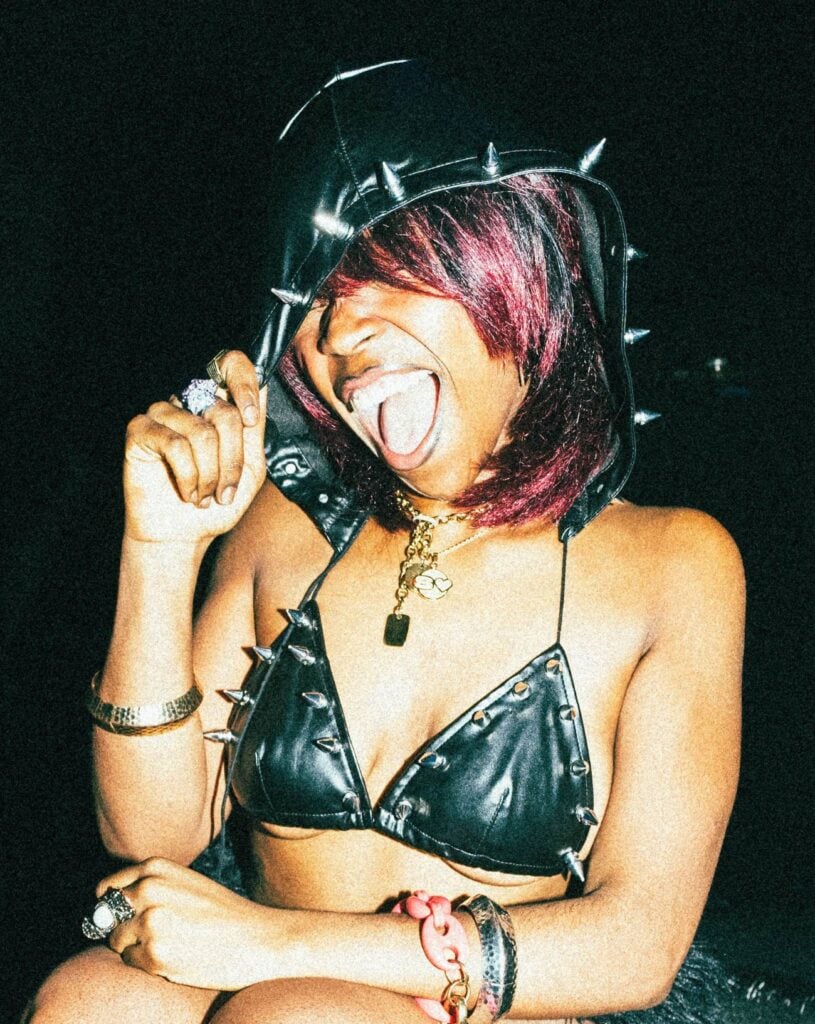
Theodora, the phenomenon who sets social media on fire
If one had to pick a picture to illustrate Theodora’s music, it would be a sun-drenched, purple-hued landscape of course. An idyllic setting in A4 format, with a few gloomy tones scattered here and there… This image would sum up everything the 22-year-old artist has already been through with her older brother, who works behind the scenes under the alias Jeez Suave. He composes every one of her tracks, including those on the mixtape Bad Boy Lovestory, reissued as MÉGA BBL on May 30th, 2025.
It includes Kongolese sous BBL, a brash, electrifying ego-trip packed with sharp insights that, on closer listen, bring a freshness to today’s somewhat stagnant musical landscape. After hyperpop, rap and pure pop, Theodora now turns to West Indian bouyon – an irresistible music genre from the Carribean akin to a wild zouk with a dancehall vibe. A total smash. Last November, the track Kongolese sous BBL had nearly reached 3.2 million streams on Spotify.
Three shows at the Zénith in Paris and a critically-acclaimed video
In that photograph, there would also be the Eiffel Tower. That’s what she says. Because France is the place where Lily Theodora – her real name – finally settled with her family, after countless moves. Just a few months ago, her name was only known to her followers. Today, everyone is talking about this extravagant young woman appearing with a fuchsia headpiece in her music videos. A phenomenon born on social media, as it is often the case today, with tracks that now soundtrack the videos made by sharp-eyed TikTokers.
Since then, Theodora has performed alongside pianist Chilly Gonzales, collaborated with singer Juliette Armanet, taken the stage at the We Love Green Festival, and released the stunning video Fashion Designa, which evokes both the iconic hero of Saint-Exupéry and Charles Laughton’s The Night of the Hunter (1955). On stage, she plays to sold-out Zénith crowds. She embodies an artist with a magnetic and unapologetic presence. Theodora breaks all the rules, making people dance as much as she makes them think. Throwback to Numéro’s interview with the singer.
Interview with singer Theodora
Numéro: If we lived in a world in which music didn’t exist, in which field would you have excelled? Theodora: In politics.
That’s an unexpected, yet very interesting answer.
I’ve been fascinated by politics since I was a child. My grandfather was a passionate political opponent. As a matter of fact, he got all his children involved. We eventually all became fierce political opponents. He even ended up in prison, you know.
Tell me more about it.
My mother always taught us a very strict rule: if someone insults you at school, you must stand up for yourself, you have to respond. Never come home just to complain. As for me… I had a desire to change the world. I joined a prep school to enter the ENS (École Normale Supérieure), became a member of the Brittany regional council, and chaired culture commission. Eventually, I changed course and left politics behind. Even now, I think there’s a problem with how memories are passed down. We think about it, then suddenly we realize we don’t really know much about our parents’ lives…
Your parents were political refugees, is that right?
My father came from a very poor family. So did my mother. But they were both highly educated. My grandfather, the one I mentioned earlier, was a member of the Union for Democracy and Social Progress (UDPS) [a party founded in 1982 by Étienne Tshisekedi, former Prime Minister of Zaire, the name of the Democratic Republic of Congo under Mobutu]. He was a lawyer and an opponent of President Joseph Kabila [in office from 2001 to 2019]. At the time, my father joined the army to enter a study-abroad program. He went to Greece, but once he got there, Mobutu was overthrown.
What happened then?
All the military students were left on their own by the government. There was no more money, nothing. So my father decided to put his studies on hold. Well, this is the part where I start to have memory lapses that make it hard to tell the story properly… In any case, he moved to Switzerland two or three years later. I was born there. If I’m not mistaken, I think we didn’t even have the refugee status in Switzerland, but were classified as “undocumented.” In the meantime, we went back to Greece, spent some time in La Réunion, and finally ended up in France, in the Saine-et-Marne (a French department).
In a previous interview, you mentioned that most radio stations and many media outlets in general aren’t available to Caribbean artists. What did you mean by that?
I mean that it is a form of racism. If your music isn’t in the Top 50, radios won’t play it. And very few tracks by African and Caribbean artists make it into that chart. Listening habits are different over there, people use YouTube more than Spotify for instance. I think it’s also a matter of language, as if Creole had no place on national radio…
“I think my audience appreciates the authenticity of my voice.” Theodora
On that note, how would you explain your music to a ten-year-old girl?
I’d start by forbidding her from listening to some of my songs…
Really? Why is that?
Because I think there’s a specific time for everything! [Laughs.] There’s a certain age when you discover or say certain things… I think my brother and I try to pour everything that defines us into this music. To inject all the popular influences we’ve been absorbing so far. Our music is like our identity card. And we always refuse to hide our attempts. The less successful stuff, you know. We get lost sometimes because we want to show people that we can do pop music too.
Like the track Un meilleur nous (“A better us”), which really stands out from the rest of the album and recalls the syrupy pop hits of the 2000s. It’s funny how you are so different in real life. I would never have pictured you like that. What do you think people like about you?
I think that my audience appreciates the authenticity of my voice. People quickly understood that I truly mean what I say in my songs. Maybe it has to do with the way I sing… For a long time, people didn’t understand what I was saying, even though the lyrics were very important to me. So I asked them: “But what do you like then, if you can’t understand a thing?” And they said: “That gloomy thing that comes from your heart.”
If your face could be displayed on a giant billboard in the city, which fashion house would you want to represent?
Oh! I’m not sure. Probably a brand that would make me feel free. I’d need something a bit wild. I think I really like Balenciaga for its offbeat, deceptively underground vibe…
Bad Boy Lovestory (2024) and Mega BBL (2025) by Theodora, available now.






